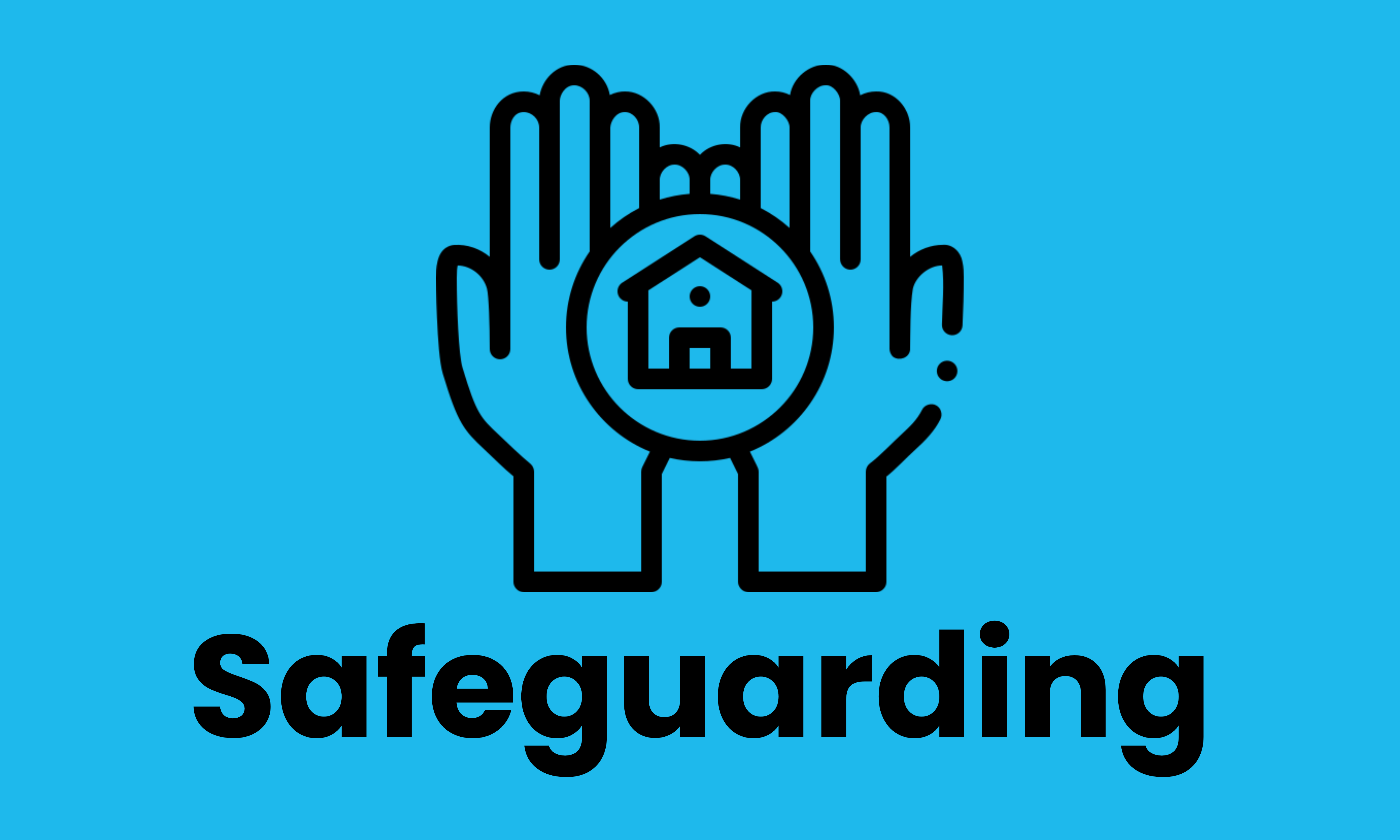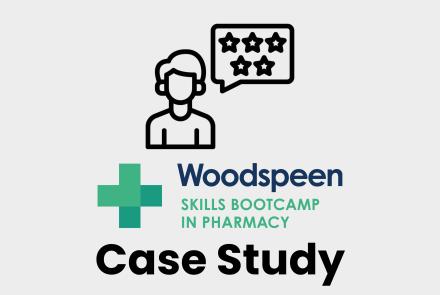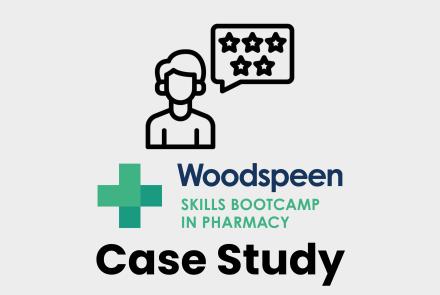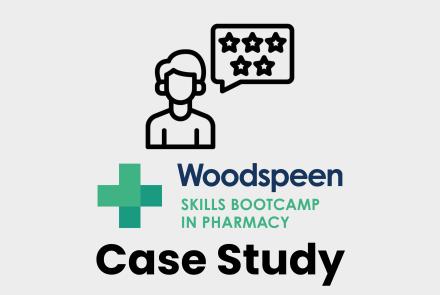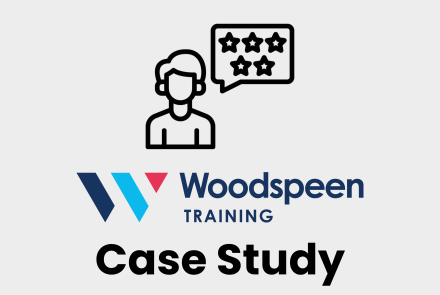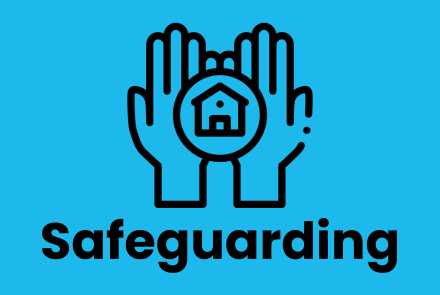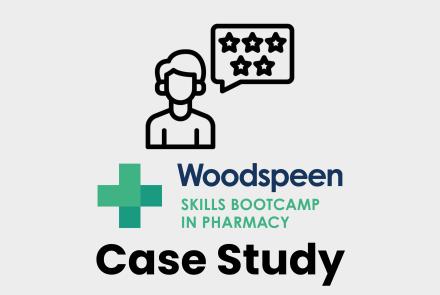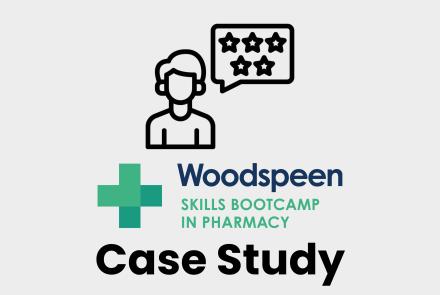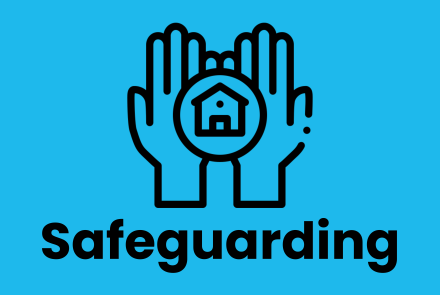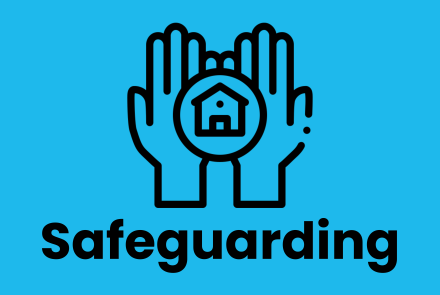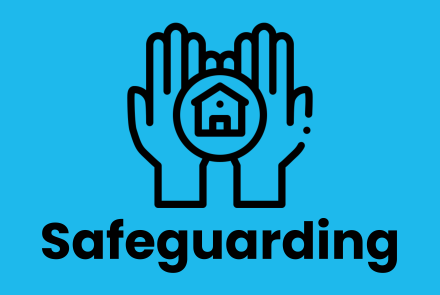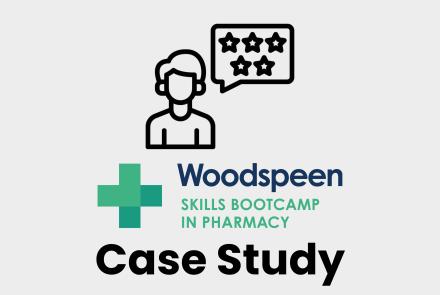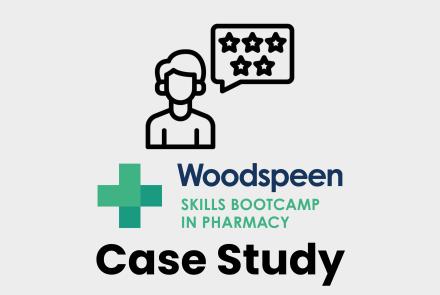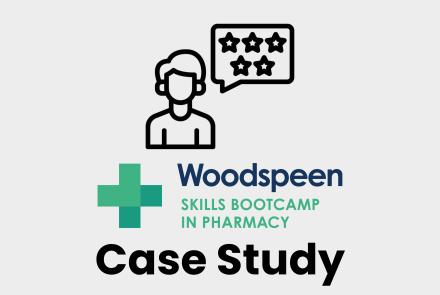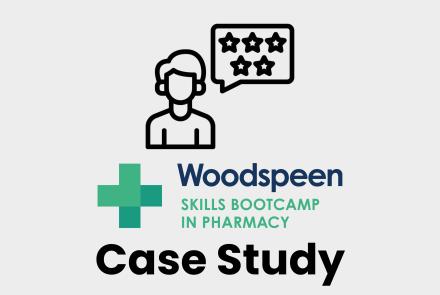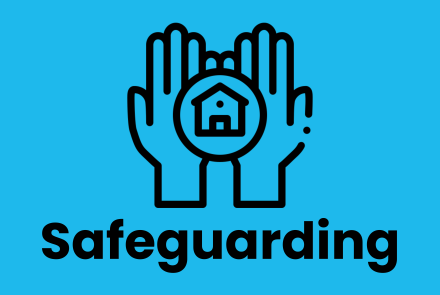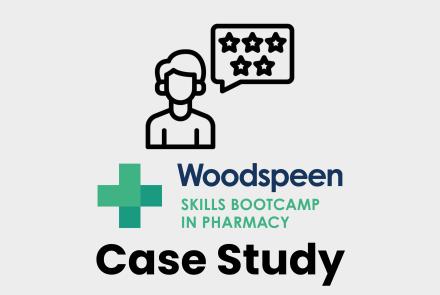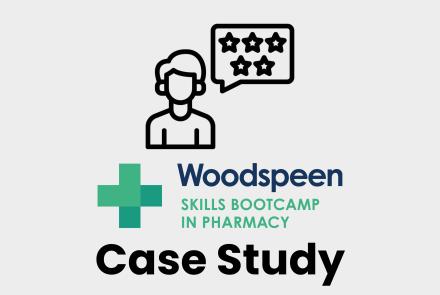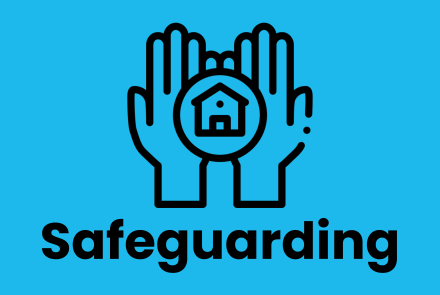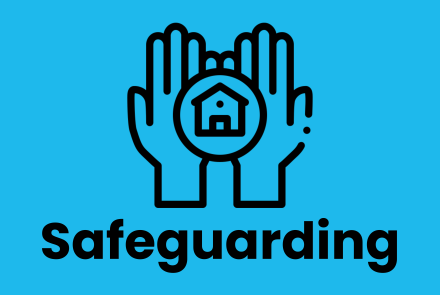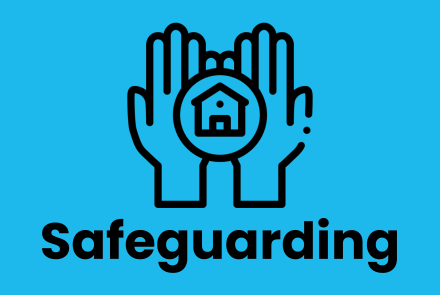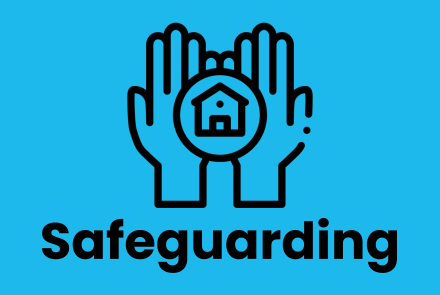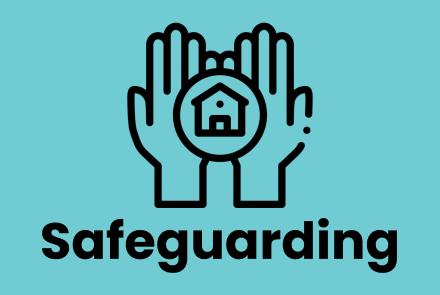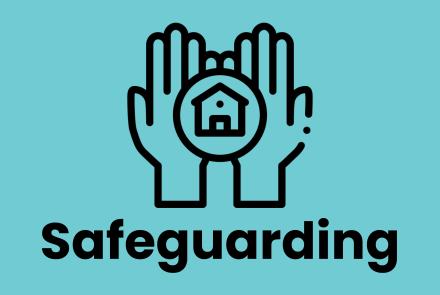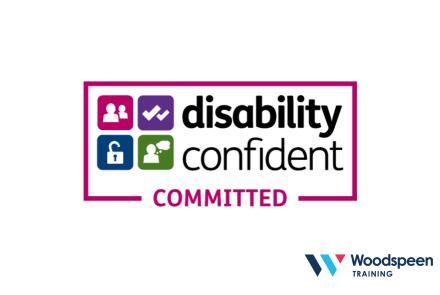Safeguarding Bulletin – January 2025
Welcome to the first Safeguarding Bulletin of 2025!
This month's bulletin covers mental health support, professional curiosity, safer recruitment, and more
The Better Health Generation’s Learner Health Advisory Service
As an organisation we aim to create a safe and caring learning environment where the wellbeing of our learners is a priority.
We recognise that at times the pressures of everyday life can impact on the health and wellbeing of learners and their learning.
In partnership with The Better Health Generation (TBHG) we are able to provide additional health and wellbeing support and guidance
The Learner Health Advisory Service can provide:
- A free telephone counselling service provided by qualified mental and physical health nurses, counsellors, and occupational therapists
- A completely confidential service (basic details in terms of attendances/engagement details will be shared with us)
First contact is an assessment of personal needs and circumstances with up to six 1-2-1 counselling therapy sessions.
Support available (non exhaustive list)
- Managing emotions and stress
- Depression & anxiety
- Low mood and feeling overwhelmed
- Alcohol and drug support
- Emotional wellbeing assessment & support
- Building resilience and challenging unhelpful thinking
Speak to your tutor or contact a member of the Safeguarding team (contacts at the end of this bulletin).
There is also support for Woodspeen Training/JTM staff through the Employee Assistance Programme (EPA)
The EPA can offer free telephone counselling service, available to all Woodspeen Training/JTM staff.
- Support with personal or work related issues
- It is complete confidential
- You can access up to 6 sessions per calendar year
How do you access the support?
- Email referrals@betterhealthgen.co.uk from your work address requesting a self-referral form.
- You email address will be used as verification and support will be offered
Professional Curiosity
What is Professional Curiosity & why is it so important?
Professional Curiosity is the capacity and skills of communication to explore and understand what is happening for a person, rather than making assumptions or accepting things at face value.
It requires skills of looking listening, asking direct questions and being able to hold difficult conversations.
Professional Curiosity is a fundamental aspect of working together to keep adults and children safe from harm. This approach is important in helping to identify abuse and neglect which can be less obvious and can ensure that the right information is gathered and shared to assess both needs and risks.
Being more curious as professionals and 'digging deeper' into areas where there is little, or no information will help to inform assessments and empower to influence key moments of decision making to reduce risks for children and adults.
Escalating concerns that could cause drift, delay and a shift in focus from the child's or adult's best interests should be embraced and seen as effective care, this also helps to identify early help which is so vitally important.
Look if there is anything about what you see when you meet the adult, or child, that makes you feel uneasy this is when to prompts questions? Do you see behaviors which indicate abuse or neglect including coercion and control? Does what you see or hear contradict or support what you are being told, there may be changes in appearance and general character?
Do not be afraid to ask questions and do so in an open and inclusive way so they know that you are asking to keep them safe, offer support and not to judge or criticize. Be open to the unexpected and incorporate information, and advice to best suit the needs.
For more information and to watch a short video, click on the links below: Professional Curiosity | Leeds Safeguarding Children Partnership
Professional Curiosity - YouTube
Safer Recruitment
Safer recruitment is a set of practices we follow at JTM and Woodspeen Training ensure the staff we recruit are suitable to work with our learners. It's a vital part of our creating a safe and positive learning environment.
Our Safer recruitment practices include:
- Pre-employment checks
These include cross-checking references, verifying proof of identity, and ensuring that criminal convictions have been declared
- Disclosure and Barring Service (DBS) checks
These checks highlight any convictions, cautions, reprimands, or warnings that could prevent someone from working with vulnerable people
- Overseas applicants
These applicants will be expected to provide proof of being eligible to work within the UK
- Reference requests
These clearly identify that the applicant is suitable to work with children/young people or adults
If you would like to more about what is included in safer recruitment click onto the link Safer recruitment | NSPCC Learning
New Year Health Tips
For many of us, the start of a new year means self-improvement and the promise of, ‘new year, new me’. This mindset often fuels our New Year’s resolutions. This can help us stay motivated during the winter months with spring still feeling far away.
Here are a few tips and links to get you started and keep you motivated.
23 Healthy New Year’s Resolutions You Can Actually Keep
How many steps a day should I walk for my heart health? - BHF
New Year’s resolutions: getting a mentally healthy start to 2025 | Mental Health Foundation
12 Low-Lift Ways to Start the New Year Healthier for 2025
Prevent
The current UK national terrorist threat level is ‘substantial’, which is defined as ‘an attack is likely’. This level has been unchanged since February 2022 and is set by the Joint Terrorism Analysis Centre and the Security Service (MI5).
The threat to Northern Ireland from Northern Ireland-related terrorism is ‘severe’, which is defined as ‘an attack is highly likely’.
For more information: https://www.gov.uk/terrorism-national-emergencyhttps://www.gov.uk/terrorism-national-emergency
Top reported crimes for some of our regions.The following were the most commonly reported crimes to police during the month of November 2024:
Southport
Violence and sexual offences - 100
Shoplifting - 61
Public order - 26
Drug offences - 36
Wolverhampton
Violence and sexual offences - 58
Public order - 19
Anti-social behaviour - 20
Shoplifting - 33
Darwen Town Centre and Sunnyhurst
Violence and sexual offences - 34
Shoplifting - 12
Anti-social behaviour - 12
Drug offences - 12
Statistics taken from Police
Safeguarding Team Contacts
Gina Stephens Lead DSL 07867 260276
Allison Collis Lead DSL
Janine Ridley Deputy Lead DSL 07771 672491


